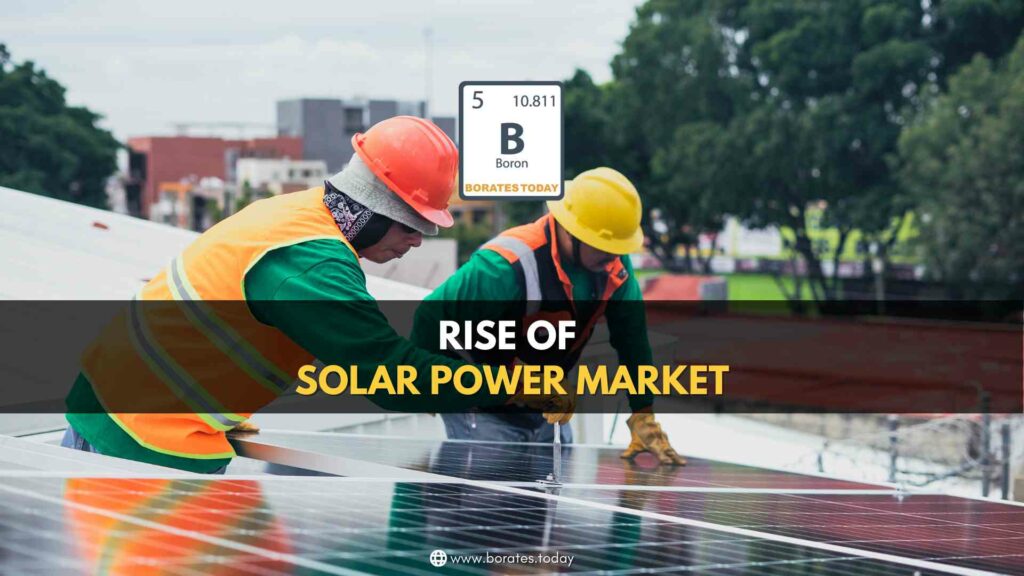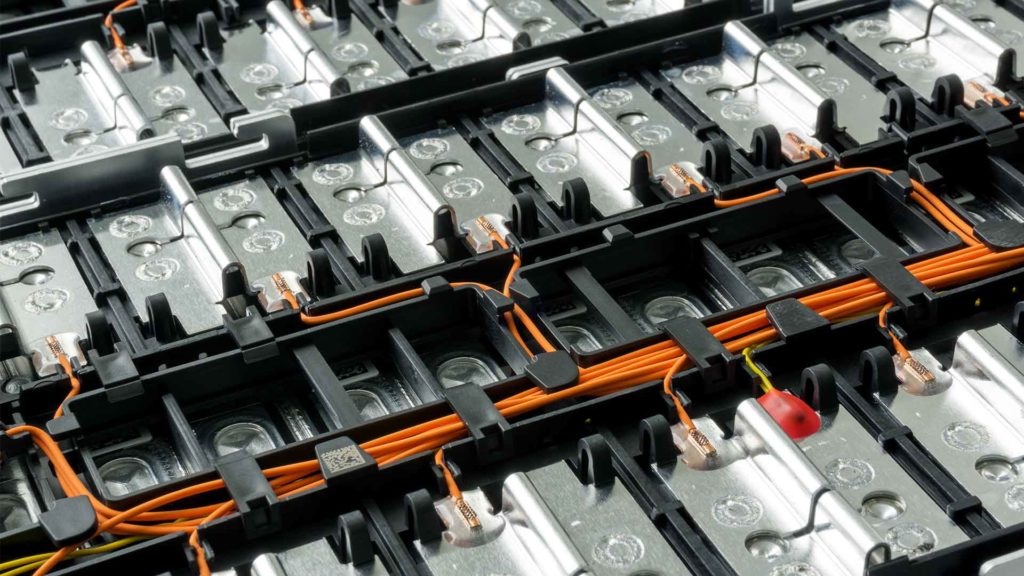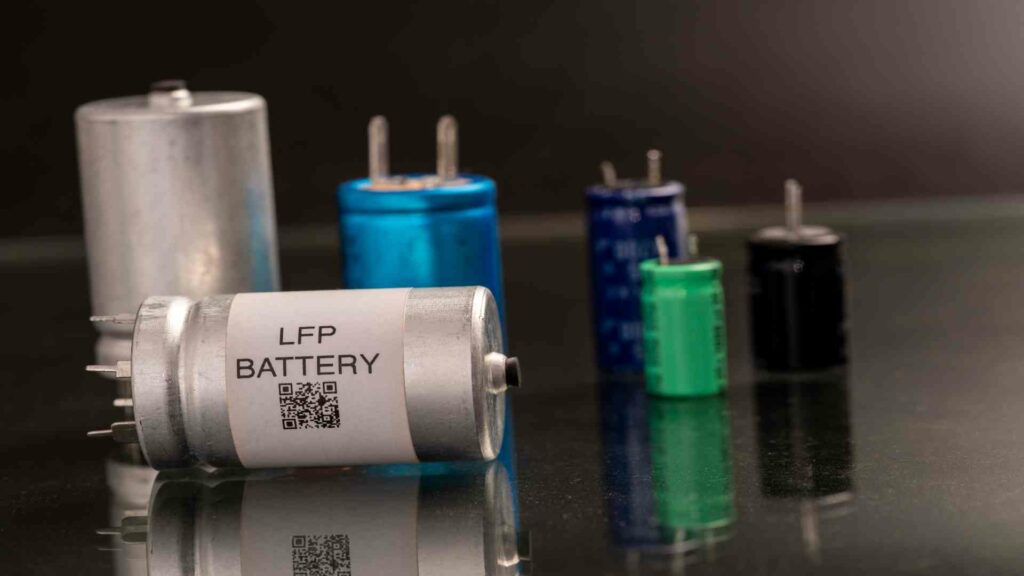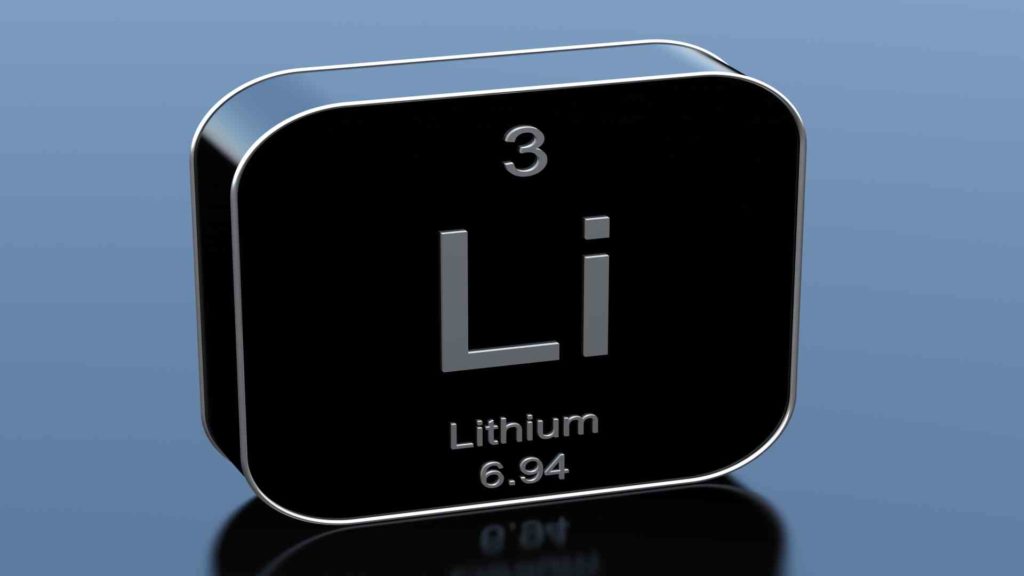The Power of Boron in Energy Transition
Energy transition is essential in mitigating climate change, and boron plays a key role. It is used in various applications related to renewable energy, electrical energy efficiency, and electric mobility.
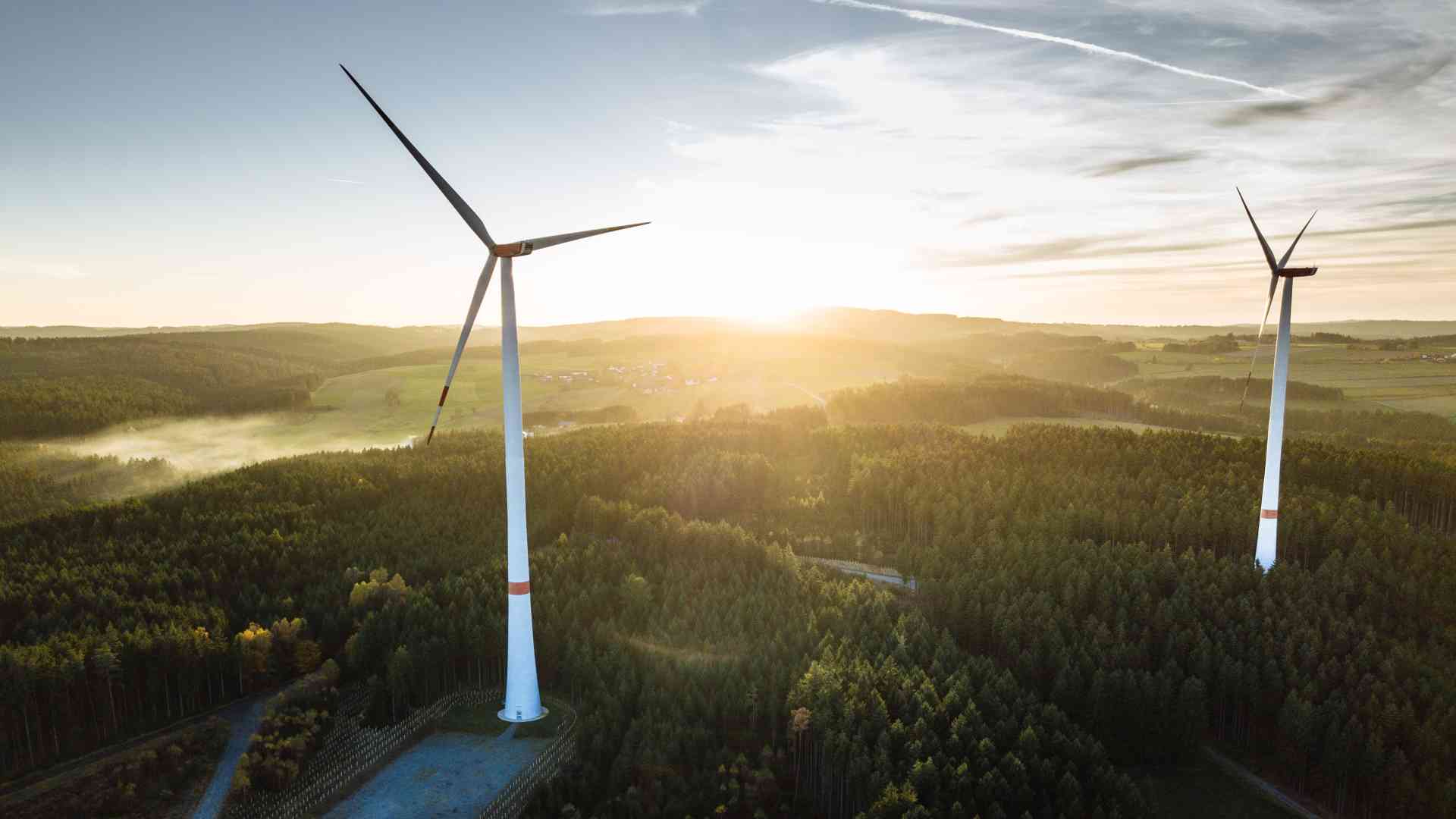
Energy Transition
What is Energy Transition?
Energy transition is crucial to achieving sustainable development and climate goals. It involves moving from traditional, carbon-intensive energy sources to cleaner, renewable ones.
There are many reasons for making this switch. Burning fossil fuels releases harmful pollutants into the atmosphere, contributing to climate change. The switch to renewable energy will help reduce these emissions and slow the effects of climate change.
Additionally, renewable energy is more efficient than fossil fuels, producing more power with less input. This is important as the world’s population grows and energy demand increases.
The energy transition is mainly based on three key pillars: Renewable energy, electrical energy efficiency, and electric mobility.
Energy Transition Through Renewable Energy
The world is getting ready to make a serious commitment to the energy transition. The days of relying on fossil fuels are numbered, and renewable energy is taking over. This is good news for the planet but presents some challenges.
Renewable energy is clean, abundant, and sustainable. It offers a way to reduce greenhouse gas emissions, create jobs, and boost economic growth. The transition to renewable energy is essential in combating climate change and ensuring a bright future for our planet.
Also, the cost of renewable energy has fallen dramatically in recent years and is now cheaper than coal and gas in many parts of the world. The cost will continue to fall as the technology improves and becomes more widespread.
Renewable energy employs the use of various elements, one being boron. Boron is essential for its many properties, including its use in hyper-efficient fuels. A promising strategy to cut greenhouse gas emissions is using fuel combustion chemicals based on boron.
Energy Transition through Electric Energy Efficiency
Energy efficiency is critical for both the sustainability of the electricity system and the environment. By reducing energy demand, we can help to reduce greenhouse gas emissions and improve the efficiency of facilities. This, in turn, can help to lower operating costs and enhance economic productivity.
Energy efficiency is, therefore, a key strategy for ensuring a prosperous future for us all. There are many ways to improve electric energy efficiency. Some are simple and inexpensive, such as replacing traditional light bulbs with LED bulbs. Others require more investment, such as installing new insulation or upgrading more efficient appliances.
Boron-based products are important for energy efficiency in buildings and homes. By absorbing infrared radiation, boron helps to prevent heat from entering a building from the outdoors. This is especially important in hot climates, where it lessens the need for air conditioning systems. In addition, boron is also used as an insulator in walls and roofs. This keeps buildings and homes cooler, which can save on energy costs.
Energy Transition through Electric Mobility
As the world progresses, energy production and consumption methods must be adapted to meet sustainability challenges. The transportation sector is a significant contributor to greenhouse gas emissions, so the move toward electric cars is an essential step in mitigating climate change.
Electric vehicles are powered by electricity from batteries, and they produce zero emissions. This makes them much cleaner than petrol or diesel cars, which release harmful pollutants into the atmosphere. Electric cars also have the potential to be cheaper to operate and maintain than conventional vehicles since there are no fuel costs and less wear-and-tear on brake pads and tires.
While EVs are still relatively new, their popularity is growing quickly. As per the Bloomberg NEF Forecast, by 2030, 50% of car sales in the United States will be battery-electric, fuel-cell-powered, or plug-in hybrid. Electric vehicle sales will achieve 52% of total car sales by the end of 2030.
One of the key components of an electric vehicle is the battery. And one of the most important elements in a battery is boron. Boron is a chemical element that enhances the efficiency of these batteries. Boron is also relatively light, making it perfect for electric vehicles where weight is a major concern.
In addition to being used in batteries, boron is also used in creating solar panels. Solar panels are an important part of electric cars as they help to recharge the battery. Boron is used in solar panels for improving efficiency and storing light.
Final Note
The energy transition is a journey – we are all on it together. It is a complex challenge, but one must face it to halt climate change and improve everyone’s quality of life. Boron has no small part to play in this journey.

